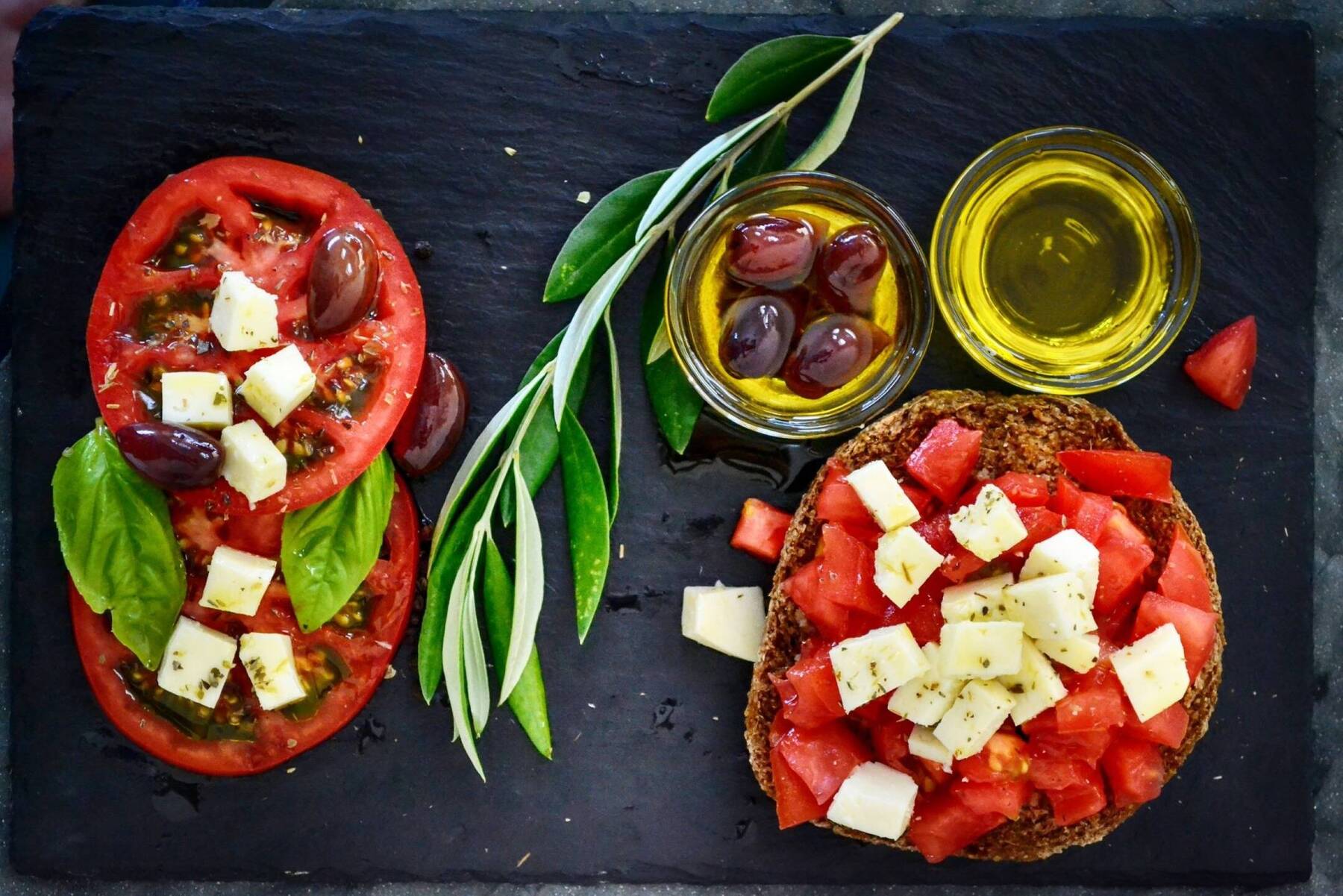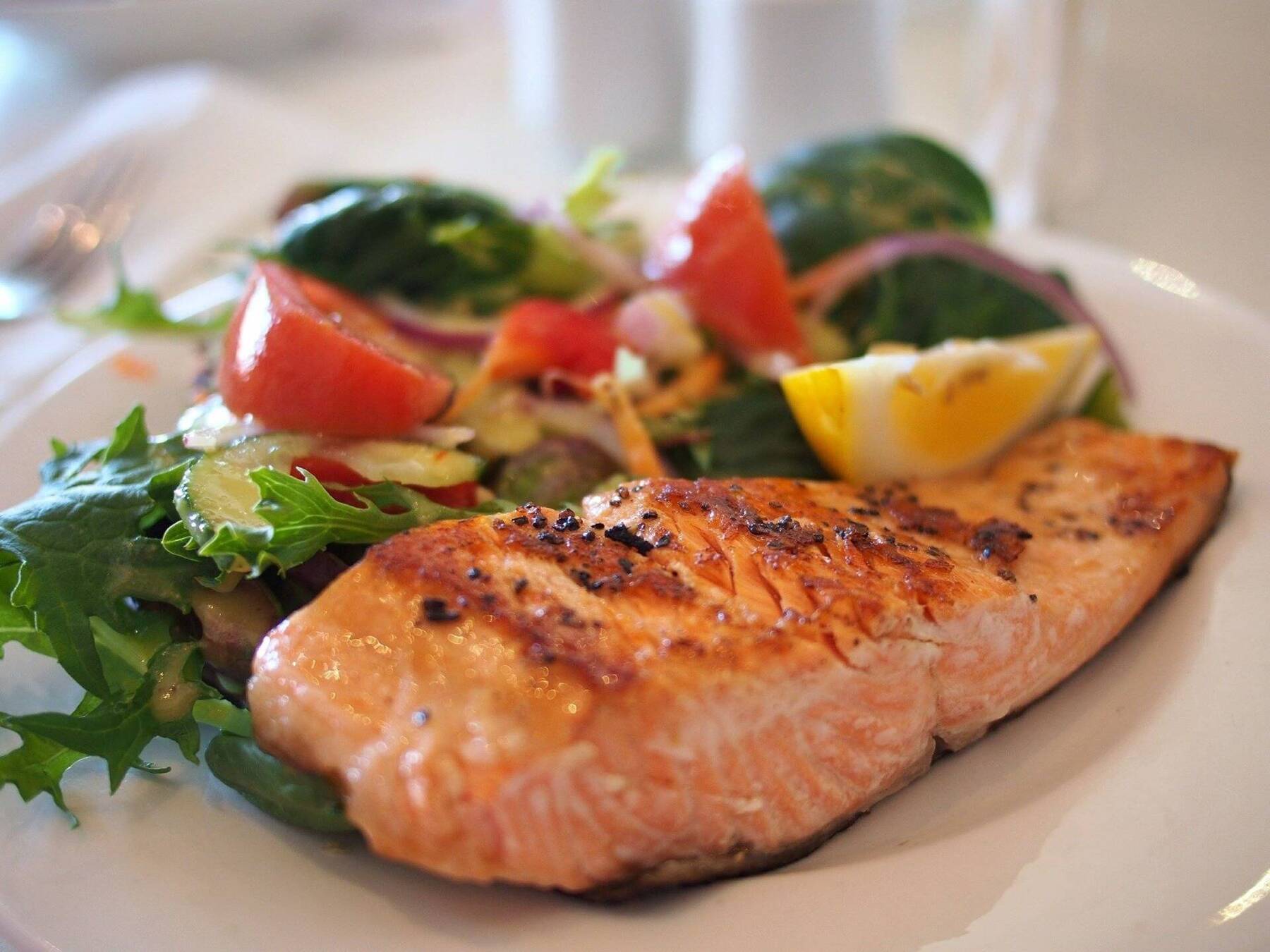Exercise Daily – Even a Little
Walking the dog, jogging with your favourite playlist on or practicing yoga - every form of exercise is a positive step towards maintaining good health. If you live or have lived in a Mediterranean country, you’ll often see people walking along a sun-drenched promenade, playing softball tennis on the beach or hiking in the mountains.
Regular exercise doesn’t just help to reduce blood pressure, fend off chronic inflammation and protect against heart disease and stroke, it can also prevent the onset of diabetes, obesity and osteoporosis. As an additional benefit, it also improves your overall mood and can help to alleviate stress. Even if you can’t get out at present, you could try lifting some weights, participate in an online bootcamp class or even learn how to flamenco or salsa dance.

















Comments